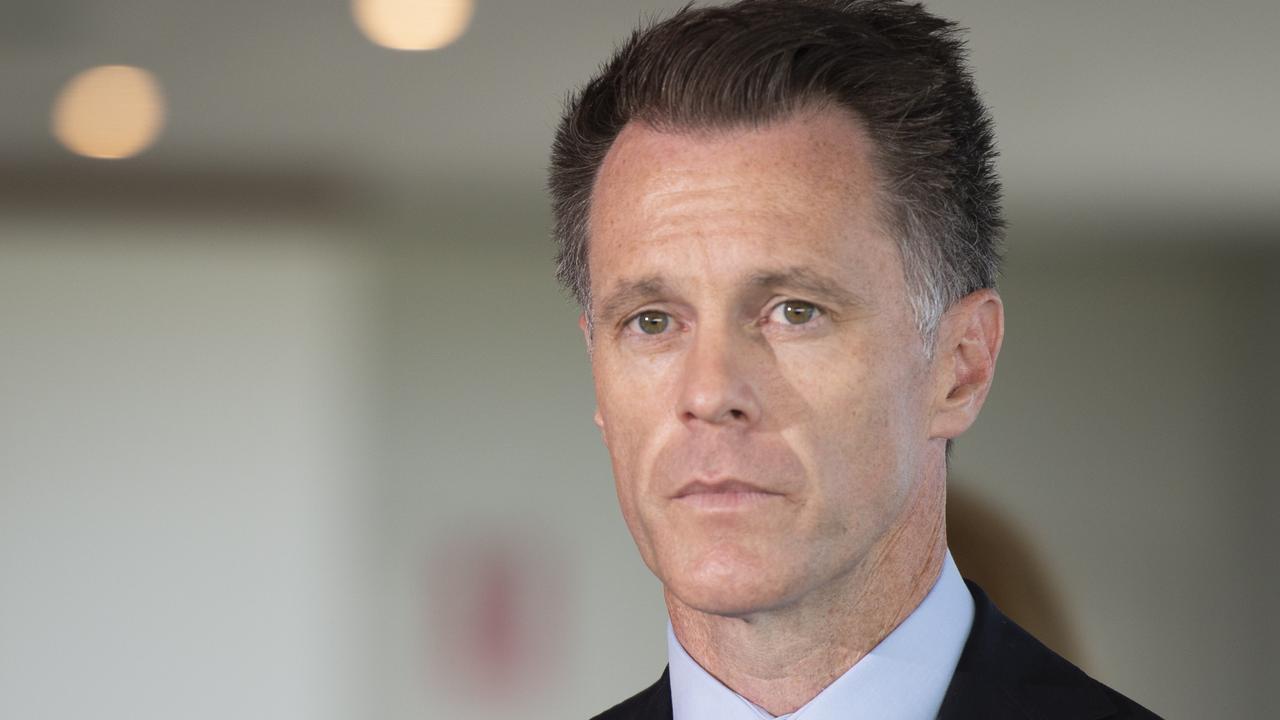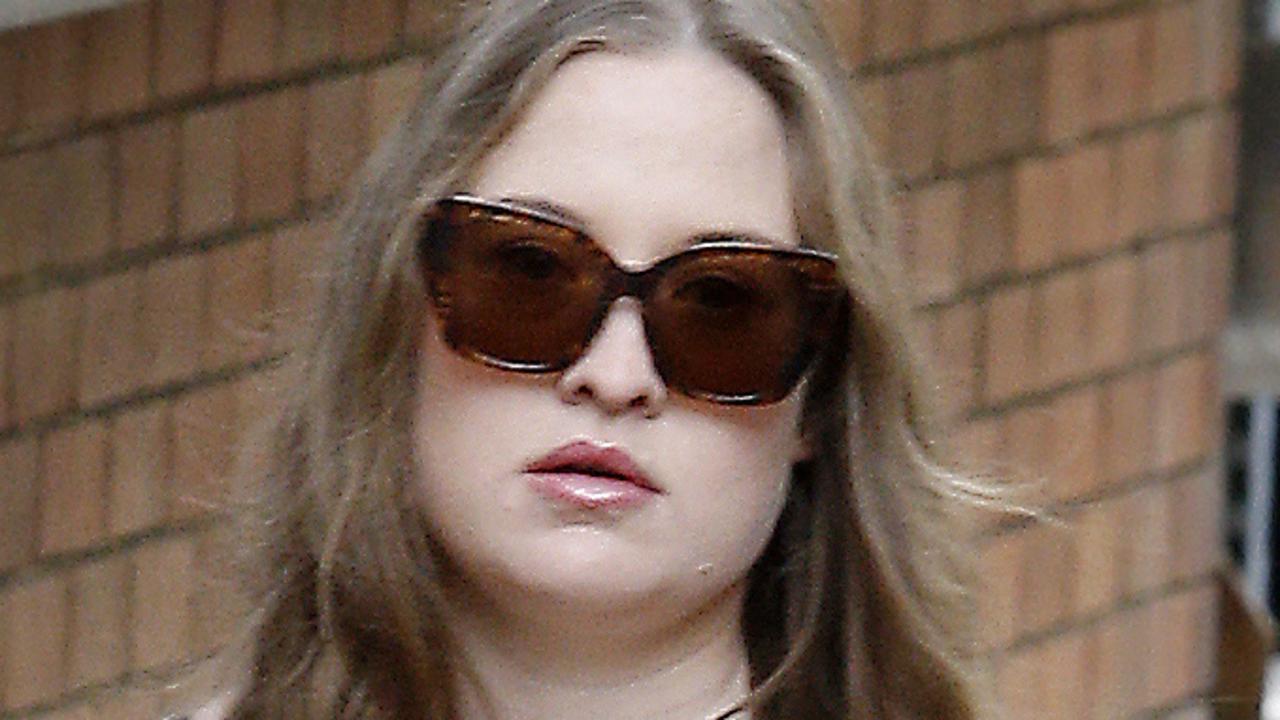Consumer watchdog ACCC releases ‘common sense’ guidelines for egg producers on free-range claims
MILLIONS of eggs sold in Australia last year were not as ‘free range’ as buyers probably wanted. The ACCC has stepped in to define what the term really means.
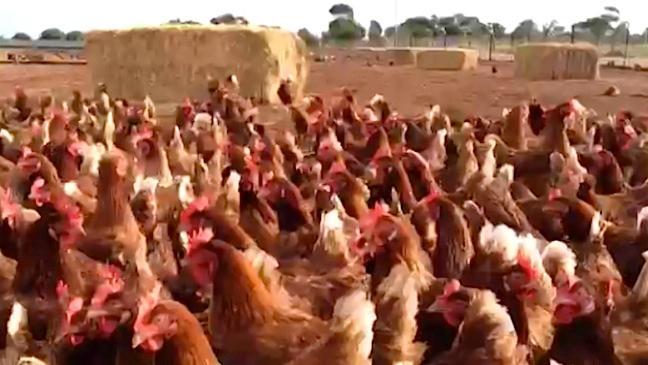
IF hens do not move about freely on an open range, then their eggs inevitably can’t be spruiked as free range. Right? Right.
This “common sense” advice released today by the Australian Consumper and Competition Commission may indeed seem bleedingly obvious to those of us whose primary contact with eggs are on supermarket shelves or when poached and teamed with smashed avo on toast.
But for the farmers, it is an unfortunate necessity.
The ACCC today announced their new guidelines to provide egg producers clarity on what constituted ‘free-range’. This is while government-led public consultations over adopting a national standard on free-range egg labelling are underway as of yesterday.
The ACCC has recently pursued a string of producers over bogus free-range egg claims.
In one such case last year, the Federal Court ordered producer Pirovic Enterprises to pay a whopping $300,000.
The consumer watchdog considers free range claims to include the words spelled out on packaging, phrases with the same meaning or pictures of hens roaming freely.
“If it is not normal for most of the hens to leave the barn and to move about freely on an open range on most days, making a free range claim is likely to be misleading. This approach accords with common sense,” ACCC chairman Rod Sims said.
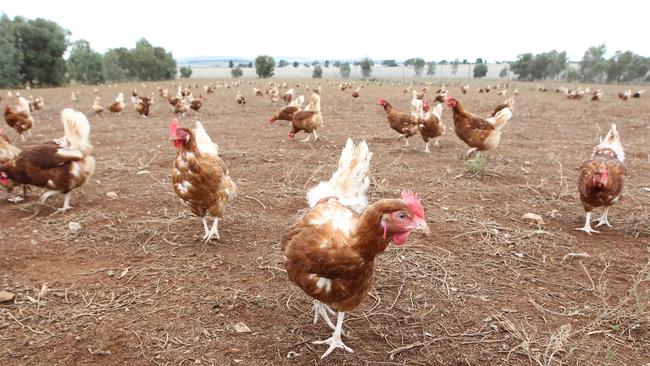
“Laying hens may spend periods indoors and we do not expect to always see hens on the range or expect every hen to be outside every day.”
He said farmers weren’t expected to necessarily track hens or perform headcounts, but to simply apply their logic.
RELATED: Do cage eggs have a future in Australia?
“On the other hand, we reject claims that it is acceptable to tell consumers that eggs are from free-range hens when the outdoor range is not regularly used by the hens — whether this is the result of farming practices or for any other reason,” Mr Sims said.
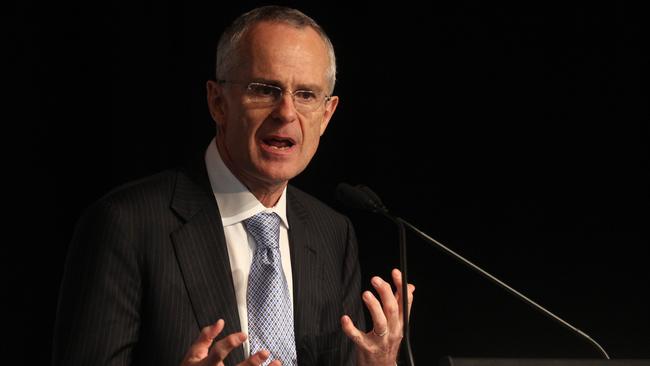
Rohde’s Free Range Eggs co-owner John Rohde, who farms 50,000 bona fide free-range chooks in South Australia’s Clare Valley, said the ACCC guidelines were certainly obvious, but producers needed them — not because they were confused, but because they had to know what loopholes they could no longer deliberately exploit.
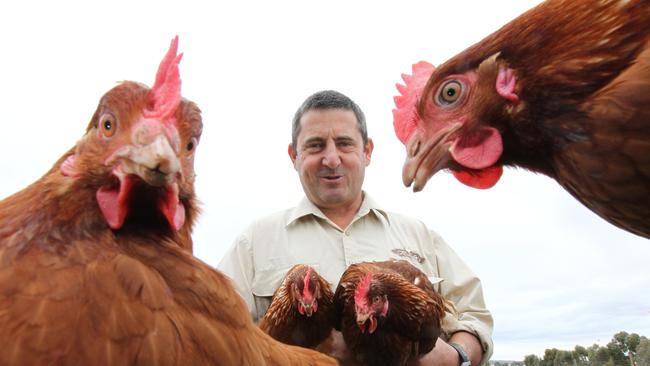
“They know what they’re doing, 100 per cent. With the demand for free-range eggs, they question ‘how can I do that without upsetting my system too much and rising my costs?’,” he said.
Mr Rohde, who is also chairman of Free-Range Egg Producers of SA, said the ACCC guide was a step in the right direction, however he called for more precise advice relating to hen density and yard size.
Consumer group CHOICE spokesman Matt Levey said it would be best to establish a national standard to stamp out misleading practices, but he said the new ACCC guide was “really useful” because the sad truth was many farmers were deceiving consumers into paying more for their dodgy “free-range” labels.

“It may look obvious to most people that having chickens go outside most days is free range, but clearly there are producers out there for whom it hasn’t been obvious, because it hasn’t been happening,” Mr Levey said.
CHOICE is currently running a campaign dubbed Do You Give A Cluck for a consumer-driven national definition of free-range eggs.
Mr Levey said Australians paid almost double the amount for free-range eggs than for caged eggs. Their investigation in June estimated at least 213 million eggs sold in Australia last year as “free-range” failed to meet public expectations.
Animals Australia spokeswoman Lisa Chalk described the guidelines as “common sense advice”.
“I think the fact that the ACCC has had to spell this out only reinforces the need for a nationally enforceable legal definition of the term ‘free range’,” Ms Chalk said.
“Consumers purchasing free-range eggs would reasonably expect that most hens can move about freely outside during the day. Anything less than that can’t be considered free range and shouldn’t be allowed to be labelled as such.”
Twitter: @sopphie
sophie.aubrey@news.com.au

